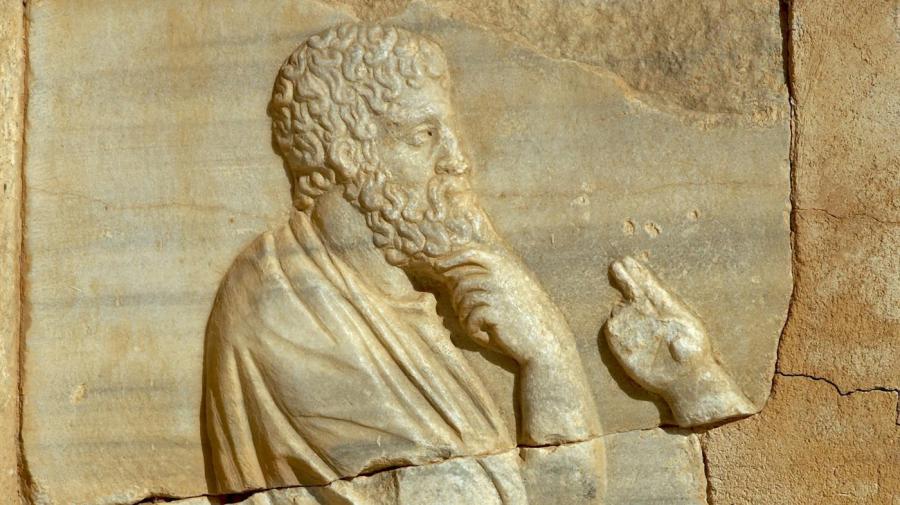What Are the Major Accomplishments of Plato?

Plato was a philosopher and mathematician who changed the way philosophy was perceived and practiced in the Western world. He abandoned political power in the oligarchy to seek out virtue. Influenced by Socrates, Plato wrote some of the most enduring pieces of philosophical literature, which have had noted influences on every subsequent culture that read them. He founded the Academy and taught Aristotle, who also shaped Western thought and behavior.
Prior to Plato, the word “philosophy” meant the “love of wisdom” and was practiced by many people with little to no application of cohesive methodologies. These people are called pre-Socratic philosophers or Sophists. Sophists viewed philosophy as a trade that could be marketed and sold. The concept of philosophy and philosophical study in which strict logical methods are used to systematically and critically examine issues originated with Plato and his dialogues. He made extensive use of informal logic, searching for fallacies and inconsistencies in arguments, and he was one of the first thinkers to apply mathematical logic. His student Aristotle further developed these processes into informal logic, which laid the groundwork for future scientific thought a thousand years later.
Plato lived in the Ancient Greek city-state of Athens. He eventually met Socrates, who became one of Plato’s greatest influences. He often used Socrates as the main character in many of his dialogues, in which Plato sought out the answers to political, social, epistemological, metaphysical and ethical issues through a dialectical discourse between characters. Works considered his most influential include “Apology,” “Republic,” “Symposium” and “Timaeus,” among many more.





